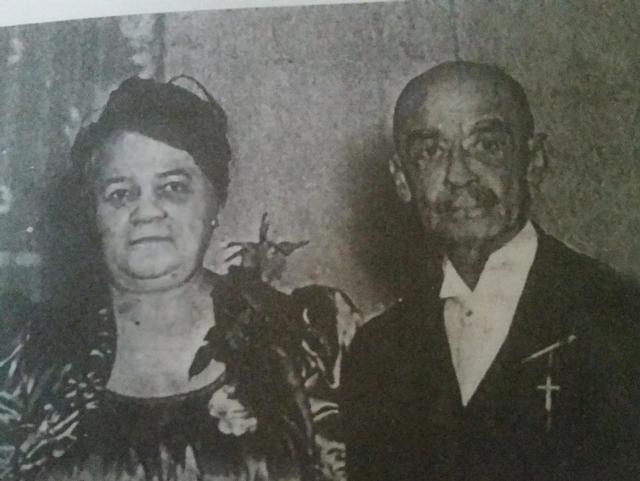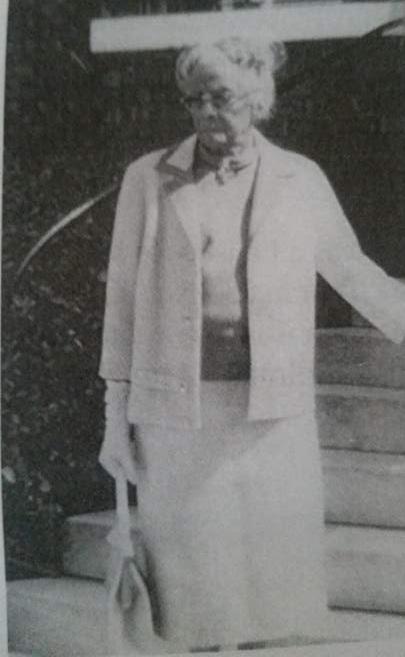
ALTON - Around the turn of the 20th century, many black religious leaders in Alton were building and strengthening their congregations.
Get The Latest News!
Don't miss our top stories and need-to-know news everyday in your inbox.
Those congregations were pivotal in the Civil Rights movement of the 1950s and 1960s, as well as the multiple pushes for school integration in the first half of the 20th Century. Many members of the committees for both the Scott Bibb Case and Elijah Conley's push were also extremely active in their churches. Pastors like Rev. Luther Sims later used his pulpit to rally for civil rights. But, it took dedicated men and women at critical junctures in the history of those churches to form such an influential bond within their community.
Reverend George Brown was the son of Bishop John M. Brown, who founded Wilberforce College in Ohio. Rev. Brown followed in his father's footsteps and established the Harriet Beecher Stowe Institute in Carbondale, Illinois, according to 20th Century African American Leaders in Alton - a book available at the Alton Museum of History and Art.
At his father's request, Rev. Brown left Carbondale and came to Alton in 1912 to become the pastor of Campbell AME Church, which was as much as $2,200 in debt at hat time. Rev. Brown said his aim was to rid the church entirely of that debt, which was quite a sizable sum in those times.
To remedy that debt, Rev. Brown turned to fundraising. He worked on a program to highlight celebrities at that time, including: Richard B. Harrison, a Canadian stage performer born to escaped slaves who fought Jim Crow laws, Ida B. Wells, a feminist black journalist who led a public campaign against lynchings in the South, James Hale Porter, Chicago civil rights activist James Hale Porter and African American leader and educator, Booker T. Washington.
Each group of the church was also required to raise $100 on their own to support the clearing of the debt.
After attaining his goal of freeing that congregation of its debt, Rev. Brown became the Presiding Elder of the church's Springfield, Illinois district.

Another presiding elder of that district, Rev. Garfield W. Brewer came to Alton as the pastor of Model Chapel AME Church in 1918, after receiving his education in Indiana. He also served as the Presiding Elder of the Springfield District of AME churches.
Rev. Brewer served as a pastor for 65 years, and received the designation of "friend to mankind," because of his work in the community.
His wife, Susie Ball Brewer, was known for both her missionary work for the church and her vocal talent. She attended a state PTA conference and participated in the State Mothers Singers Chorus. After that, she established her own Mothers Singers school, called the Dunbar Mother Singers. According to 20th Century African American Leaders in Alton, Susie Brewer's school was a forerunner to the Allen Singers of the 1990s.

More like this:

